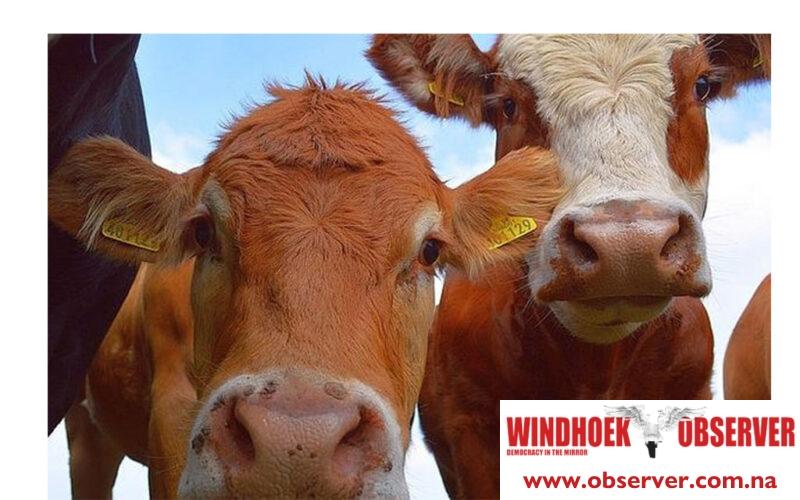Niël Terblanché
The United Nations’ Food and Agriculture Organization (FAO) is intensifying its efforts to enable the Namibian government to better detect and manage outbreaks of contagious bovine pleuro-pneumonia (CBPP) in Namibia,
The FAO in an announcement on its website over the weekend stated that the initiative to bolster animal health in the country is part of the agency’s broader strategy to support agricultural sustainability and disease resilience in the southern African region.
CBPP, a severe respiratory disease affecting cattle, was recently identified in the Ncamangoro and Musese Constituencies of Kavango West.
According to the FAO, local farmers reported symptoms in their livestock including fever, difficulty breathing, and severe lung damage, occasionally resulting in death.
The FAO’s response includes training veterinary personnel in enhanced disease surveillance techniques aimed at swiftly identifying and containing outbreaks.
Moreover, the FAO’s support extends to the Directorate of Veterinary Services (DVS) through strategic vaccination campaigns, particularly in high-risk areas of the northern communal farming areas.
The FAO said these efforts are complemented by awareness campaigns aimed at equipping farmers with essential skills to manage livestock health effectively.
The FAO’s commitment to Namibia aligns with its ongoing projects aimed at improving agricultural resilience and sustainability.
The initiative focuses on emergency technical support to control the spread of CBPP in Namibia and has been instrumental in enhancing the management systems for communal farmers in the northern regions.
Additionally, the FAO’s work in Namibia is part of a larger regional effort to mitigate livestock diseases, as seen in similar projects in Zimbabwe, where the FAO has launched initiatives to improve livestock health and management, enhancing food security and bolstering local economies.
As Namibia faces challenges such as drought and its impact on agriculture, the FAO has also provided crucial support, including N$10 million in aid from the United Nations Central Emergency Response Fund to assist drought-stricken farming households.
This aid has facilitated the installation of hydroponic fodder production systems and the provision of veterinary inputs, sustaining the livelihoods of many affected families.
The FAO said that these concerted efforts not only aim to improve immediate agricultural outputs but also seek to improve long-term resilience and prosperity for rural communities in Namibia, ensuring that farmers and their dependents can withstand and recover from agricultural and environmental challenges.




